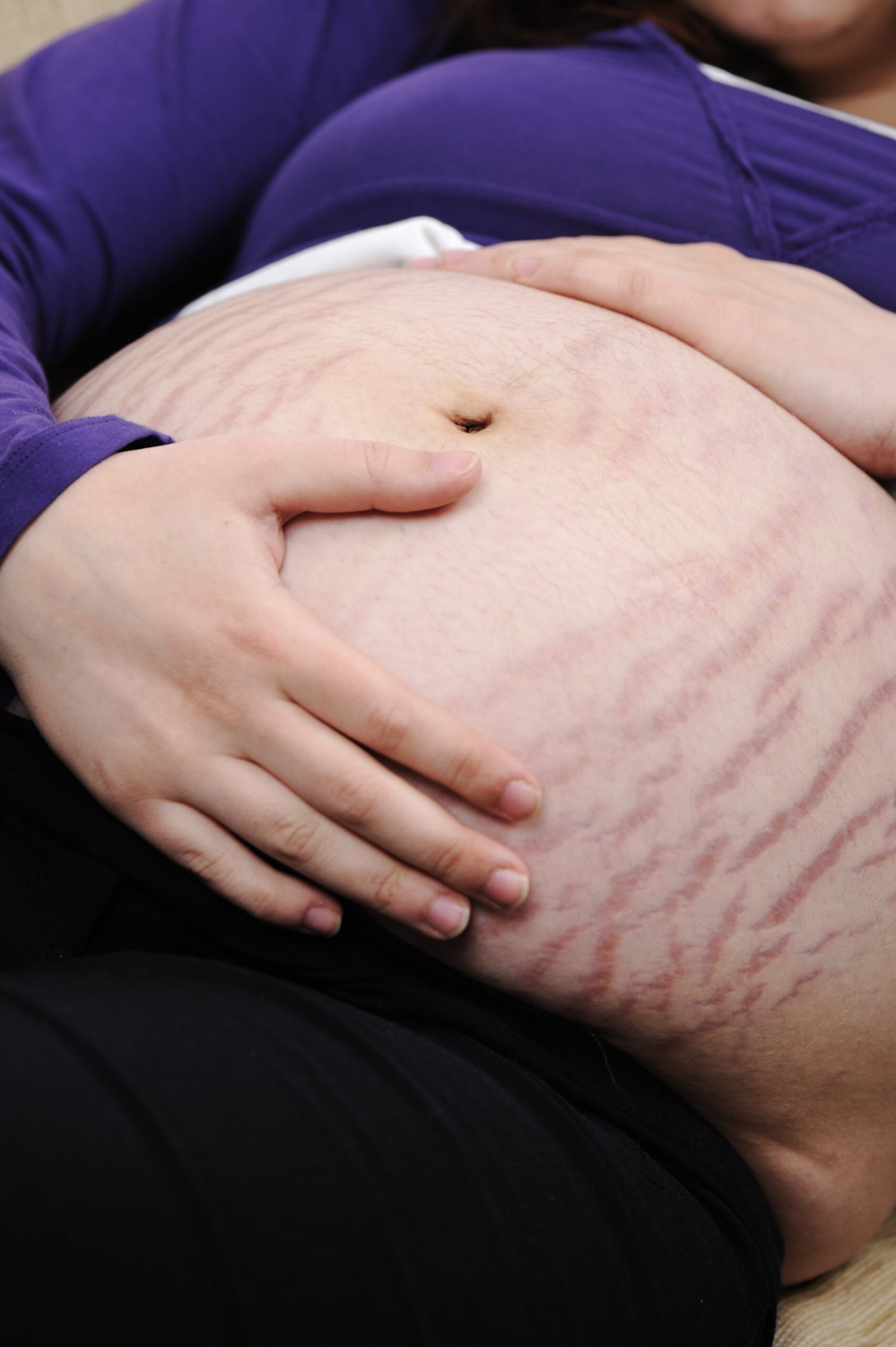Introduction to Acne Scars vs Pimples
Acne is a common skin condition that affects millions of people worldwide. It can be frustrating, painful, and cause permanent scarring if not treated properly. While acne itself is bad enough, it’s the scars left behind by severe breakouts that can really take their toll on your self-esteem. However, there are ways to prevent and treat both pimples and acne scars. In this article, we will explore the differences and similarities between acne scars and pimples, as well as how you can manage them effectively.

What is the Difference Between Acne and Pimples?
Pimples are small red bumps that form on the surface of the skin due to clogged pores. They usually appear on the face, neck, back, and chest areas. On the other hand, acne scars occur when the skin tries to repair itself after an inflamed pore heals. These scars come in different forms such as ice pick scars, boxcar scars, and rolling scars.
Causes of Acne Scars and Pimples
The main causes of acne scars and pimples include genetics, hormonal imbalances, stress, poor diet, and lack of proper skincare routine. Hormones play a significant role in causing acne, especially during puberty or pregnancy. Additionally, certain medications like corticosteroids and anticonvulsants may trigger acne flare-ups.
Treatment Options for Acne Scars and Pimples
There are several treatment options available for acne scars and pimples. For mild cases of acne, over-the-counter products containing benzoyl peroxide or salicylic acid can help clear up breakouts. If these don’t work, prescription medication like retinoid creams, antibiotics, and birth control pills may be necessary.
For treating acne scars, dermatologists recommend procedures like laser resurfacing, chemical peels, and microdermabrasion. These treatments aim to remove the top layer of damaged skin and stimulate collagen production to improve scar appearance.
Preventing Acne Scars and Pimples
To prevent acne scars and pimples from occurring, here are some tips you should follow:
1. Wash your face twice daily with a gentle cleanser and water.
2. Use noncomedogenic moisturizers and sunscreen to avoid clogging pores.
3. Avoid touching your face frequently, as this can transfer dirt and oil onto your skin.
4. Maintain a healthy lifestyle by eating nutritious foods, staying hydrated, getting adequate sleep, and managing stress levels.
Conclusion: Similarities and Differences between Acne Scars and Pimples
While acne scars and pimples have distinct characteristics, they share some similarities too. Both conditions result from blocked pores and excess sebum production. Moreover, improper management of either one can lead to long-term damage and scarring. Therefore, it’s essential to develop a comprehensive skincare regimen that addresses both acne and its resulting scars. By doing so, you can achieve clearer, smoother, and more radiant skin.
